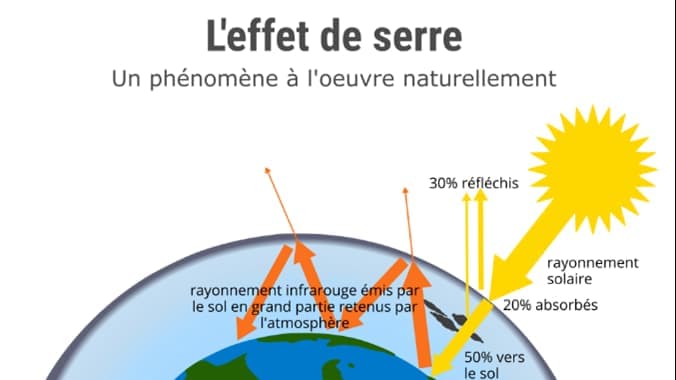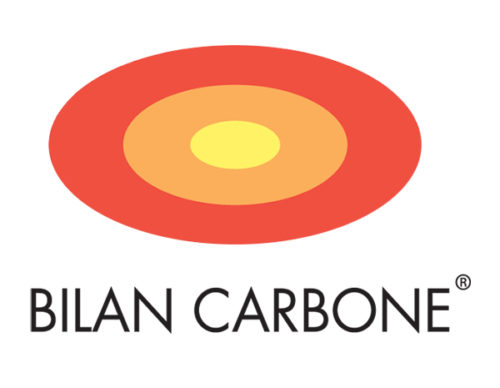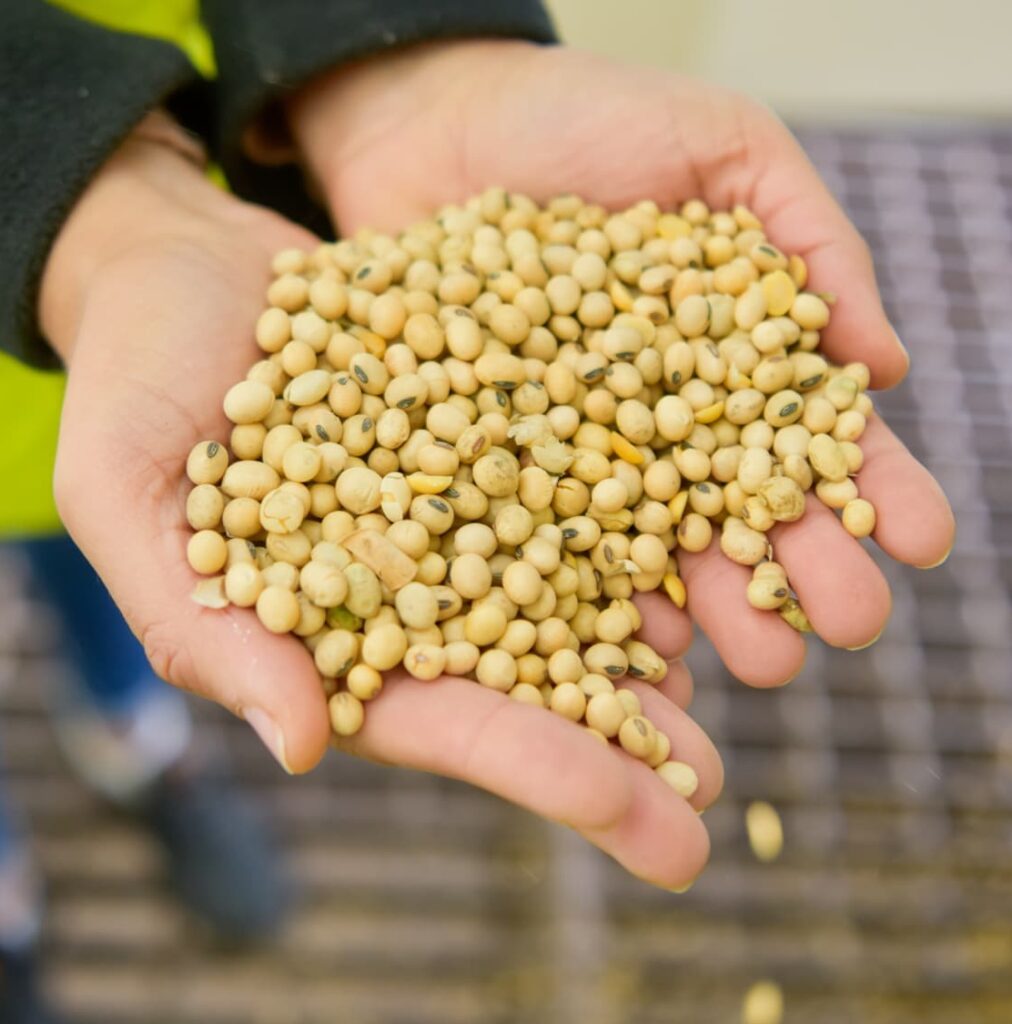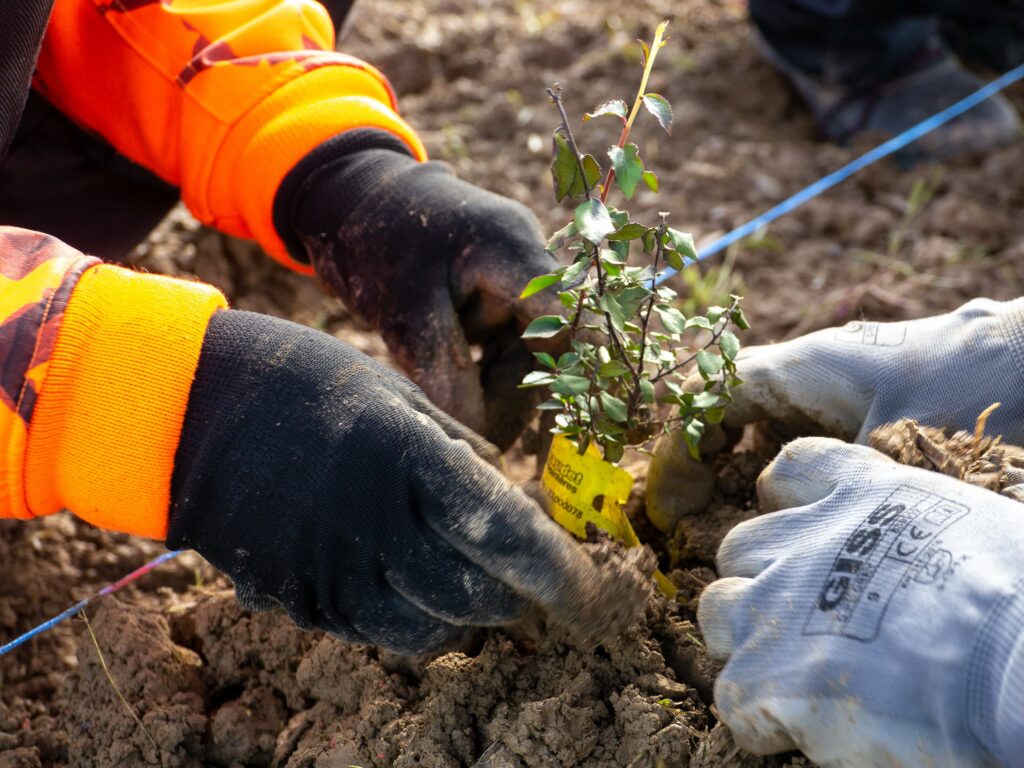
Of natural origin or linked to human or animal activity, greenhouse gases absorb and re-emit part of the sun’s rays and help stabilize the planet’s temperature. Since the 19th century, their concentration has been constantly increasing, notably due to industrialization, which has led to global warming.
France is strongly committed to the reduction of greenhouse gases with the objective of achieving carbon neutrality by 2050.
WHAT IS A CARBON FOOTPRINT?
A “carbon footprint” is a process that allows us to account for all greenhouse gas emissions related to an organization. It measures and analyzes the activities and items that produce the most GHGs, in order to establish an effective action plan and find solutions to reduce GHG emissions.

WHERE ARE WE AT Maïsadour ?
Carbon assessment is nothing new at Maïsadour. A first carbon assessment was carried out in 2010, and the databases and skills to carry it out exist. For over 10 years, this has been a key issue in the Group’s strategy.
Last September, a new carbon assessment was initiated and defined the main GHG emission grids for all activities. This enabled us to identify the most significant contributors, on which Maïsadour must act.
REDUCTION LEVERS



The Group has already implemented several concrete actions to reduce its GHG footprint:
- The development of a local soybean supply chain with the recent start-up of the Graines d’Alliance soybean crushing plant with the Vivadour cooperative,;
- Plant cover: covering the soil in winter with specific plants. This is a virtuous agronomic solution for both agriculture and viticulture. In addition to storing carbon, plant cover enhances soil biodiversity, produces organic matter and helps to decompact the soil;
- Agroforestry in animal husbandry. This involves planting trees near livestock farms to provide shade and supplement their food with tree fruits.
- Reduction of fossil fuels on the Group’s industrial sites: heat recovery, introduction of renewable energy in purchases, installation of photovoltaic power plants, etc.
- Optimization of transport logistics
- Policies to reduce packaging at food processing sites
WHAT AMBITIONS FOR REDUCING THE CARBON FOOTPRINT ?
The objective is to align with France’s ambitions: the National Low Carbon Strategy and define the strategy for 2030 and 2050 based on the carbon balance. This climate strategy will have 3 axes:
- Reducing our carbon footprint
- Developing carbon sinks
- Innovate and adapt to climate change
See you in a few months for the action plan following the Group’s carbon assessment!
